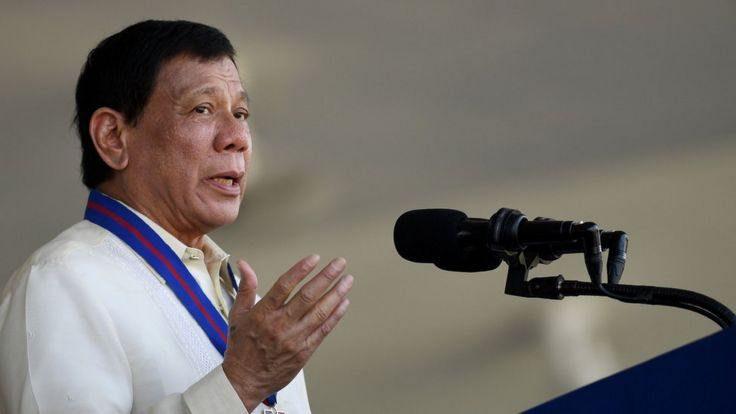By: Sara Adams
Impunity Watch News Reporter, Europe

LONDON, United Kingdom – Twelve years ago, a bomb went off in the London Underground subway system, killing 52 people and leaving others injured.
On September 15th, 2017, a bomber targeted the London underground. It is the first attack on the London transit system since the one in 2005.
This time, 29 were injured, but no one died.
Still, Prime Minister Theresa May raised the terror threat level for the United Kingdom to “critical”.
The police have arrested one suspect, an 18-year-old, after a raid on the suspect’s house in Surrey. While it is unclear whether the suspect was affiliated with any international terror organization, terror group Islamic State in Iraq and Syria (“ISIS” or “Daesh”) have taken responsibility for the attack.
But the police have urged people to avoid “pure speculation,” after U.S. President Donald Trump tweeted a suggestion that the Scotland Yard knew about the attack before it was to happen.
Prime Minister May also called Mr. Trump’s statement “unhelpful”.
Police continue to release limited information regarding the arrest and the continued investigation.
Despite the terror threat level set at “critical”, people in the city continued about their business in the wake of the attack. Londoners went to work, tourists gathered outside of Buckingham Palace to snag photos, and the only underground station closed was the Parsons Green one, where the bomb was detonated.
In an editorial for the London-based newspaper The Guardian, the writers suggest that this “lack of excitement” for this attack may be what the country needs.
“The terrorists want to rouse terror and the kind of anger which quenches reason,” they write. “it’s important and we should continue to keep our heads over what is by any reasonable standard a pinprick attack.”
In its title, the editorial aptly suggested that Londoners “keep calm and carry on”. This phrase comes from a motivational poster produced by the British government to boost the morale of the public during World War II, while Great Britain was a constant target of air strikes by the Axis powers.
London mayor Sadiq Khan also urged citizens to not be intimidated by the threat of terror.
“[We] condemn the hideous individuals who attempt to used terror to harm us and destroy our way of life,” he stated.
“As London has proven again and again, we will never be intimidated or defeated by terrorism.”
For more information, please see:
BBC News – Parsons Green: Armed police search house over Tube bombing – 16 September 2017
The Guardian – Parsons Green bombing: police arrest man and raid Surrey house – 16 September 2017
The New York Times – ‘Bucket Bomb’ Strikes London’s Vulnerable Underground – 15 September 2017
The Guardian – The Guardian view on the London tube bomb: keep calm and carry on – 15 September 2017
BBC News – 7 July London bombings: What happened that day? – 3 July 2015



